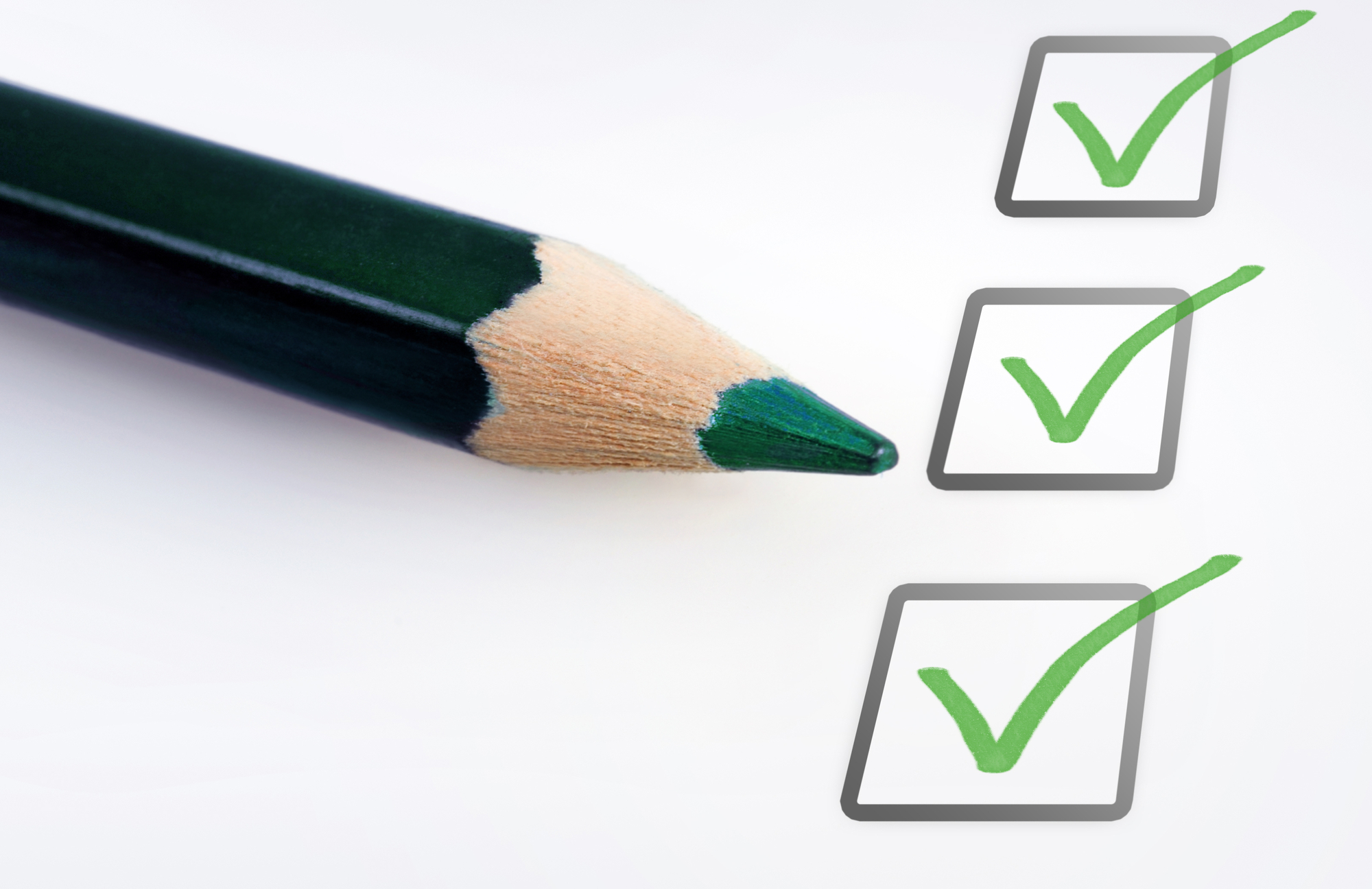
New York Cannabis: Social and Economic Equity Applicants
As we previously broadly summarized on December 27, 2022 (here), in late December 2022, the Office of Cannabis Management (“OCM”) released its first proposed adult-use cannabis rules and regulation for New York (the “Proposed Regulations”). The official document is 282 pages, so we won’t cover every detail. But we will highlight the big-ticket items, significant issues that all applicants should be aware of, and the license application process as a whole. This post will go into detail the Social and Economic Equity sections and commentary provided for in the Proposed Regulations. Keep in mind, the Proposed Regulations are still pending as OCM receives the final public comments to the Proposed Regulations.
For anyone considering applying for an adult-use license, we reiterate our recommendation of hiring an experienced, local cannabis attorney. At a minimum, understanding the overall framework of the licenses and the licensing process is a precursor to an in-depth consultation on a license application.
One of the more notable topics covered in depth by the Proposed Regulations is the establishment of a social and economic equity applicant, and licensee. If you remember, the Marijuana Regulation and Tax Act (“MRTA”) established a goal to award 50% of all adult-use cannabis licenses to social and economic equity applicants.
During the evaluation of an application, the OCM may prioritize application submission, review, selection and issuance by social and economic equity status. Those applications that demonstrate that the applicant is seeking to qualify as a social and economic equity licensee are eligible for extra priority.
In short, to qualify as a social economic equity applicant, an applicant must demonstrate, through documentation provided to the OCM, that that sole control of the applicant is held by either:
- an individual from a community disproportionately impacted by the enforcement of cannabis prohibition;
- a minority-owned business;
- a women-owned business;
- a distressed farmer; or
- a service-disabled veteran owned business.
The Proposed Regulations provide for specific documents required to establish the status of the social economic applicant, with respect to any of the above.
Note that “sole control” in this context may be a misnomer. It does not mean that the applicant is the sole owner of the license, but that the social and economic equity applicant exercises the authority to, among other things: exercise authority over the business, and materially influence the day-to-day business decisions. Further, no other person or persons may exercise or have the ability to control the majority of voting rights, or remove the applicant.
If, at any time after a social and economic equity applicant has been granted a license, the Office determines that the sole control requirement is violated, the Office may institute an action to suspend or revoke such license, provided the Office provides an opportunity to cure.
Source link












